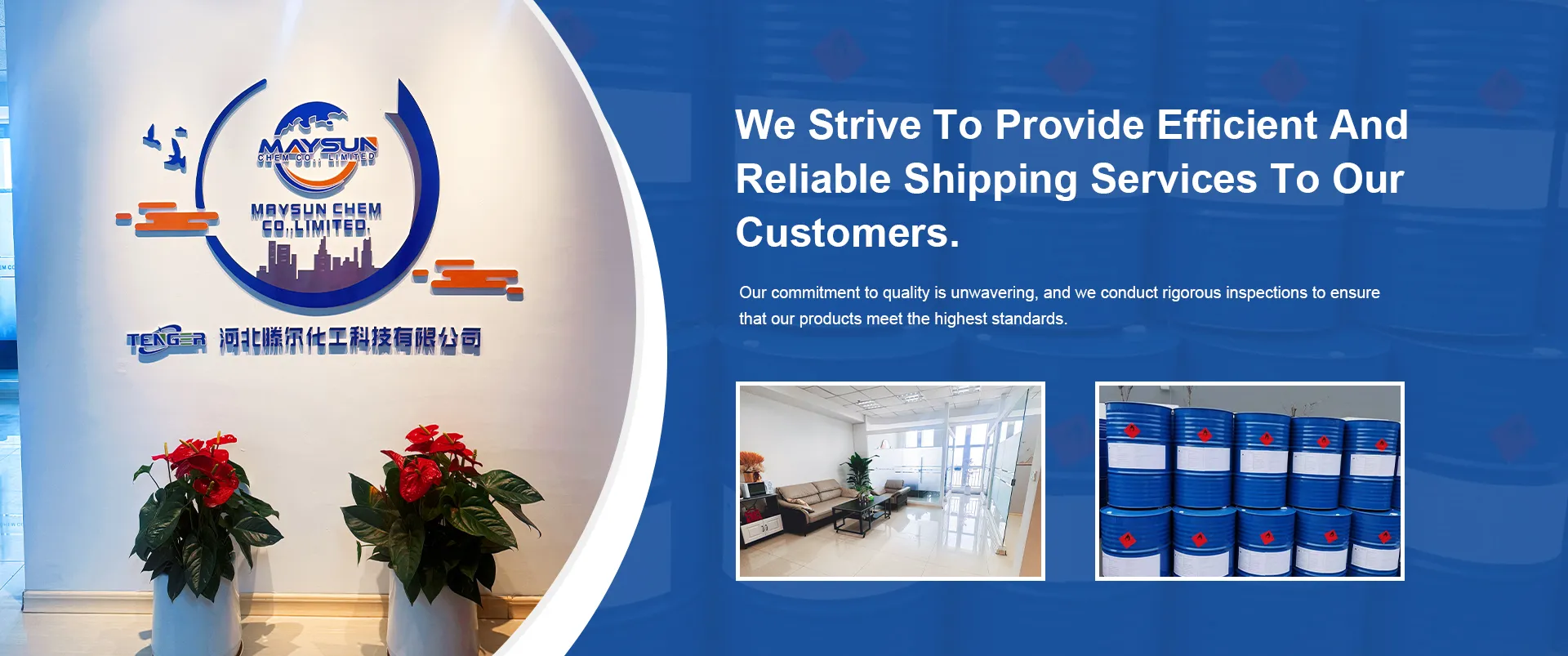
e417 food additive
Understanding E417 The Food Additive You Didn't Know You Needed
In our increasingly processed food landscape, additives play a significant role in enhancing flavor, texture, shelf life, and overall quality. Among these, E417, more commonly known as “Tara gum,” is a food additive that often flies under the radar. Derived from the seeds of the Tara tree (Caesalpinia spinosa), which is native to Peru, this natural thickening agent offers a range of functional properties that make it a valuable ingredient in various food products. In this article, we will delve into what E417 is, its uses, benefits, and safety considerations.
What is E417?
E417, or Tara gum, is a polysaccharide that is extracted from the endosperm of Tara seeds. It is a natural galactomannan gum, similar to other gelling agents like guar gum and locust bean gum. Tara gum is primarily used as a thickener, stabilizer, and emulsifier. When added to food products, it holds water and forms a gel-like texture, which can enhance the mouthfeel of products such as sauces, dairy, and baked goods.
Culinary Uses
The food industry utilizes E417 in a variety of products due to its versatile properties. You can find it in
1. Dairy Products Tara gum is often used in ice creams and yogurts to improve creaminess and prevent the formation of ice crystals. 2. Sauces and Dressings Its thickening ability helps achieve a desirable texture and prevents separation, ensuring the sauce remains homogeneous. 3. Gluten-Free Products For those who are gluten intolerant or celiac, E417 provides an alternative thickening agent that can replicate the texture and consistency of gluten. 4. Processed Meats It acts as a moisture-retaining agent, improving the overall texture of processed meats.
Advantages of E417
e417 food additive

One of the most significant advantages of using E417 is its natural origin. As consumers become increasingly aware of what they eat, the demand for natural ingredients has soared. Tara gum is a plant-derived additive, making it appealing to those who prefer natural over synthetic substances. Additionally, some other benefits include
- Versatility E417 can perform multiple functions in various culinary applications, which can help manufacturers streamline their ingredient lists. - Stability It is resistant to heat and does not lose its thickening properties during the cooking process, making it ideal for prepared meals. - Low Caloric Content Being a carbohydrate-based gum, it adds little to no calories to food products, making it a guilt-free ingredient.
Safety and Considerations
The safety of food additives is a concern for many consumers. Tara gum has been classified as safe for consumption by various food safety authorities, including the European Food Safety Authority (EFSA) and the U.S. Food and Drug Administration (FDA). Studies have shown that it does not pose significant health risks when consumed in typical dietary amounts. However, as with any food additive, individuals with sensitivities should be mindful of their intake.
Moreover, E417 is often favored in vegan and vegetarian diets, providing an excellent option for those avoiding animal-derived stabilizers and thickeners.
Conclusion
E417, or Tara gum, is a remarkable food additive that deserves more recognition in the culinary world. Its natural origin, multifunctional applications, and safety profile make it an excellent choice for food manufacturers looking to enhance their products' texture and stability. As consumers continue to demand transparency and natural ingredients, additives like E417 may rise to prominence in both health-conscious and gourmet food segments. Next time you enjoy a creamy yogurt or rich sauce, remember that E417 may be working behind the scenes to enhance your culinary experience.
-
Pure Sodium Dichloroisocyanurate Dihydrate | Powerful DisinfectantNewsAug.29,2025
-
Industrial Chemicals: Quality & Purity for Every IndustryNewsAug.28,2025
-
Nitrile Rubber Honoring Strict Production StandardsNewsAug.22,2025
-
Aspartame Ingredients Honoring Food Safety ValuesNewsAug.22,2025
-
Fertilizer for Balanced Plant NutritionNewsAug.22,2025
-
Cyanide Gold Processing with High Purity AdditivesNewsAug.22,2025
-
Formic Acid in Textile Dyeing ApplicationsNewsAug.22,2025
Hebei Tenger Chemical Technology Co., Ltd. focuses on the chemical industry and is committed to the export service of chemical raw materials.
-

view more DiethanolisopropanolamineIn the ever-growing field of chemical solutions, diethanolisopropanolamine (DEIPA) stands out as a versatile and important compound. Due to its unique chemical structure and properties, DEIPA is of interest to various industries including construction, personal care, and agriculture. -

view more TriisopropanolamineTriisopropanolamine (TIPA) alkanol amine substance, is a kind of alcohol amine compound with amino and alcohol hydroxyl, and because of its molecules contains both amino and hydroxyl. -

view more Tetramethyl Thiuram DisulfideTetramethyl thiuram disulfide, also known as TMTD, is a white to light-yellow powder with a distinct sulfur-like odor. It is soluble in organic solvents such as benzene, acetone, and ethyl acetate, making it highly versatile for use in different formulations. TMTD is known for its excellent vulcanization acceleration properties, which makes it a key ingredient in the production of rubber products. Additionally, it acts as an effective fungicide and bactericide, making it valuable in agricultural applications. Its high purity and stability ensure consistent performance, making it a preferred choice for manufacturers across various industries.





